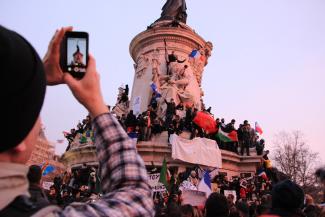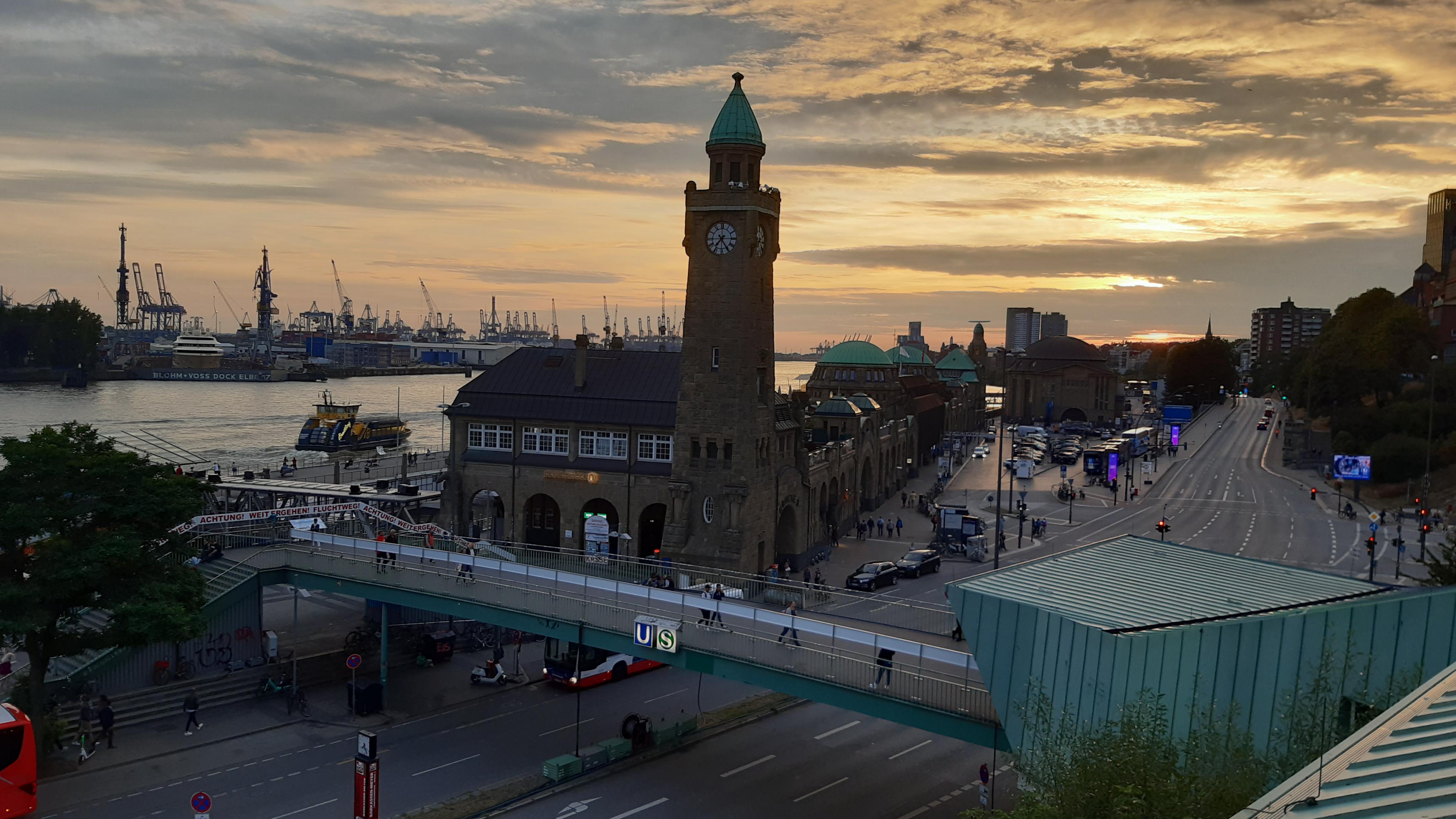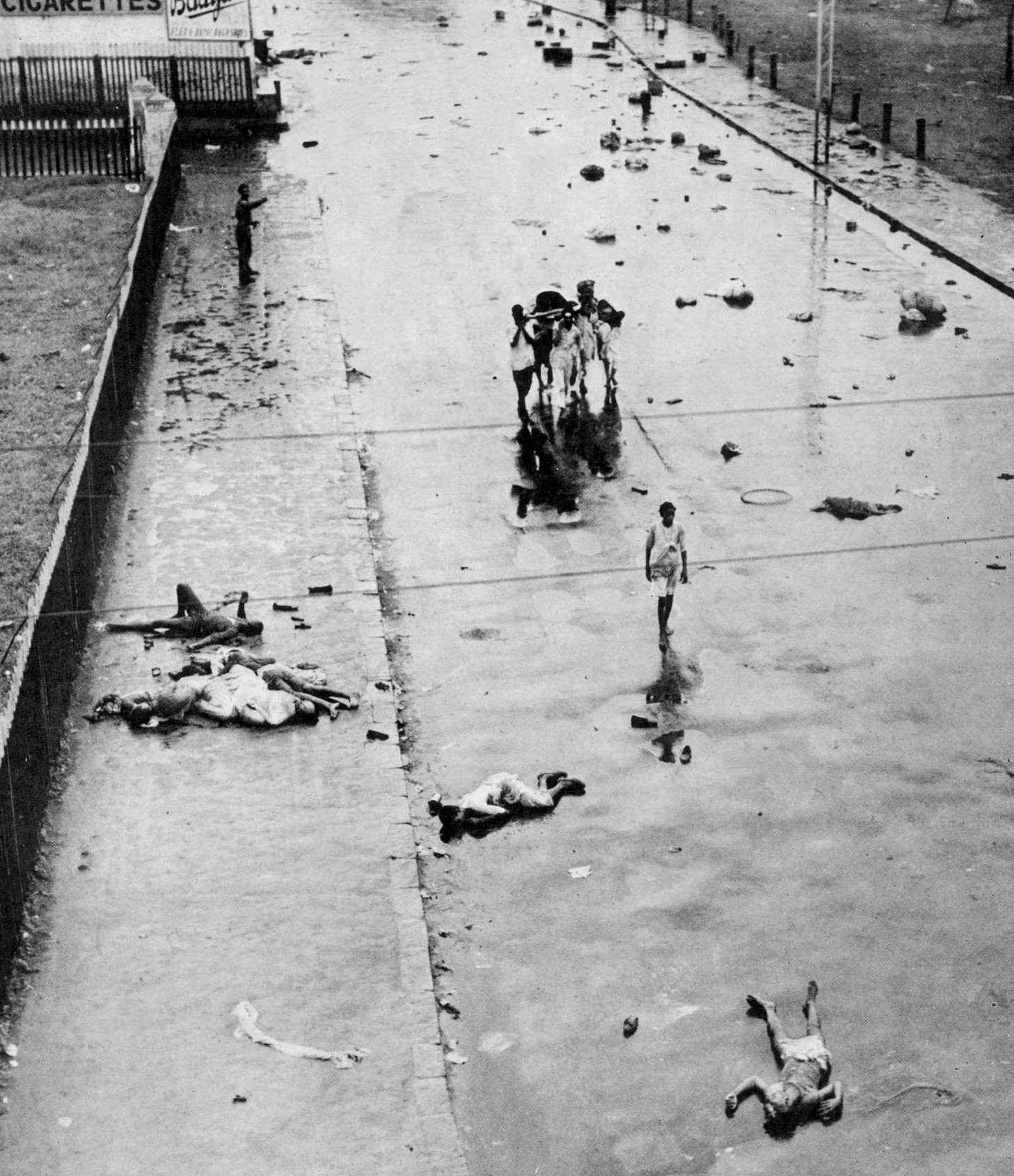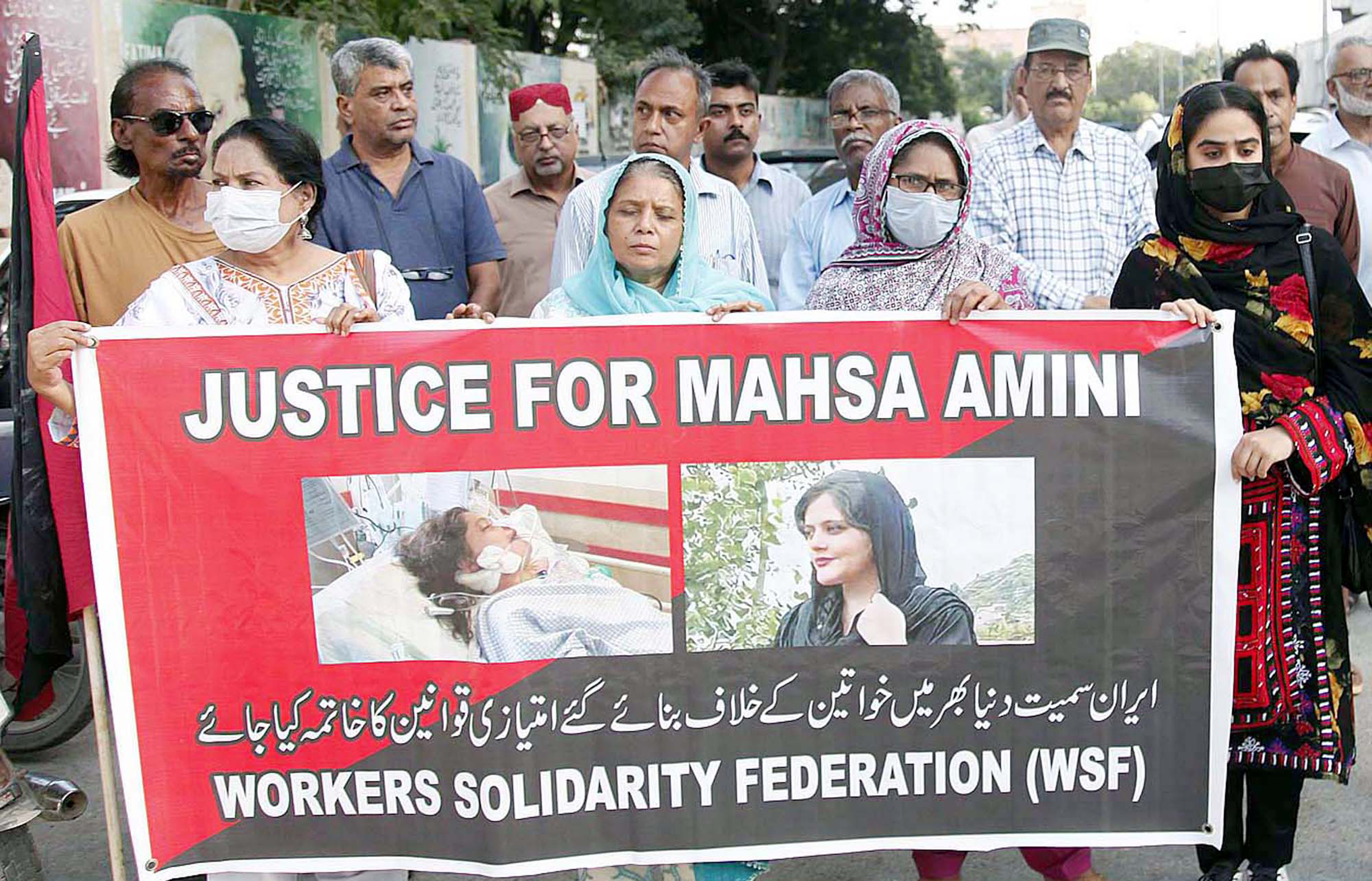Comment
Clashes within civilisations

What we are witnessing are clashes within civilisations. Let’s not forget that the murderers in Paris were French citizens. The Kouachi brothers, who killed four cartoonists and other employees at the satirical magazine’s office, were not raised by their Muslim parents in the tradition of their faith. They grew up in an orphanage, and their disaffection tells us at least as much about the failure of that particular French institution as about Islam.
What matters even more is that Muslims made up the vast majority of the victims of Islamist terrorism last month. They died in Nigeria, Pakistan, Iraq, Syria and many other troubled places. To speak of clashing civilisations is to disrespect such suffering.
It is not true that people have only one identity that defines them for all purposes. That notion is something that religious fundamentalists have in common with right-wing nationalists. Islam is not a unified faith – or else there could be no bloodshed between Sunnis and Shias, or between various Sunni tribes. Christianity is not a unified faith either – in Northern Ireland, for instance, it is still not obvious that all Protestants and Catholics are willing to live together in peace. The idea of “European patriotism” to which xenophobic rallies have lately been referring in Germany would have seemed bizarre as recently as in the 1940s. And in view of the holocaust, very few Jews would have agreed that Germany’s culture is a Christian-Jewish one as is often claimed today. Ideas of nationhood are not permanent.
Migration is an age-old phenomenon, and every big nation is genetically diverse. A nation must be the people who share one country. A modern approach is to grant everyone born on a country’s territory its citizenship, as is the tradition in North and South America.
Democracies today share values that were emphasised in the American and French revolutions, but there are differences. The USA opted for secularism because the founding fathers were appalled by England’s religious purges, and Puritans, who had fled from Britain, were an important constituency. The American idea of secularism is of the state being equidistant to all varieties of religious teaching. French laïcité has a different history. The Catholic church was a close ally of the French monarchy, the revolution turned against the clergy. More than 200 years later, French and American attitudes still differ. In the USA today, whatever might be considered hate speech is not considered politically correct. In France, many people still think that irrational belief systems deserve to be made fun of.
As a general norm, people – and especially journalists – must be free to say what they want. That does not mean one has to say everything one is allowed to say. Social life everywhere depends on intelligent self-restraint. That said, there is no justification whatsoever for killing cartoonists.
It is noteworthy, however, that anti-Muslim jokes have a subtext of identity politics in France. Identity politics is typically about some kind of self-declared majority claiming supremacy and turning against vulnerable minorities. In France, Muslims are a big and disadvantaged minority. The Front National and other vehement Islamophobic forces target them regularly and sometimes violently. No, this is not an excuse for Islamist violence. However, discrimination does not help to stem such violence.
When people feel they are at risk in times of economic crisis, many begin to blame scapegoats. Not only Muslims are affected, Jews, refugees and others are too. Clashes between minorities occur, and so do attacks on members of the self-proclaimed majority. For good reason, Manuel Valls, the French prime minister, has said that his nation must end the kind of “apartheid” that marginalises Muslims. Making the economy more inclusive and providing good opportunities to all would help to improve inter-community relations – and that is true of every nation.
Hans Dembowski is the editor in chief of D+C/E+Z.
euz.editor@fs-medien.de













